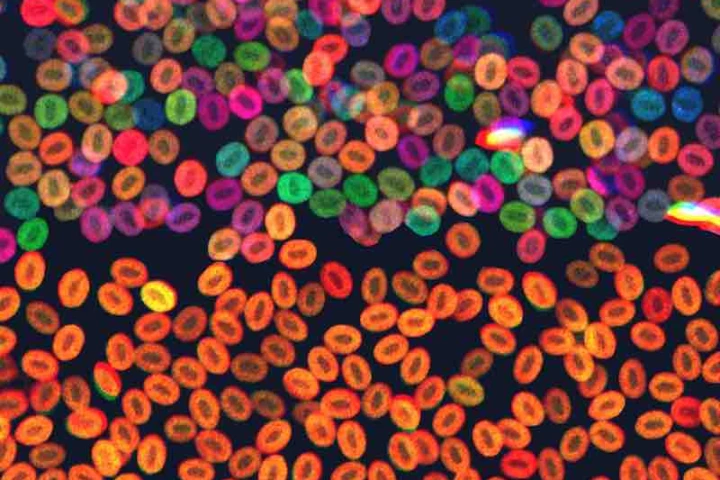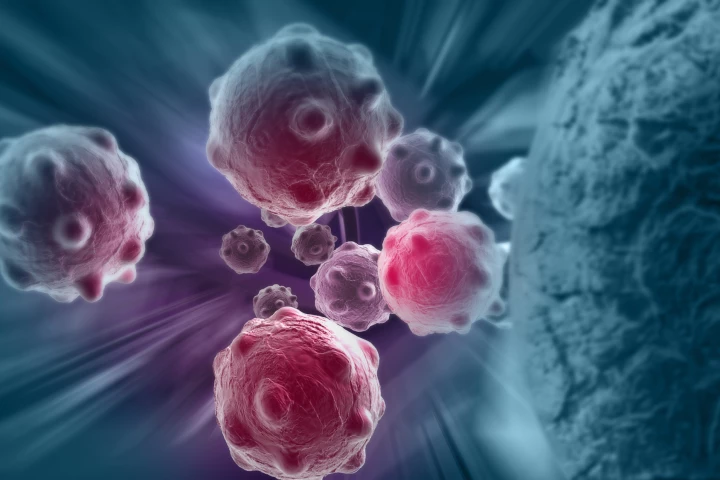Leukemia
-
The fungus thought to have claimed the lives of several excavators at Tutankhamun's burial site has had an image makeover, with scientists discovering that it holds potent cancer-fighting properties. It opens the door to new fungi-based medicines.
-
Scientists have developed a new type of cancer vaccine that shows promise in clearing out leukemia in mice. The technique involves reprogramming cancer cells into immune cells so that they can teach the immune system how to fight off the disease.
-
A 53-year-old from Düsseldorf in Germany has followed the "Berlin" and "London" patients, becoming the third person in the world to be completely cured of HIV following a stem cell transplant using donor cells with a particular genetic mutation.
-
Little is known about how childhood leukemia is caused, but previous studies have indicated a link between the disease and maternal infections. A large study of Danish children has shed more light on the subject.
-
Scientists have identified two molecules that could help treat leukemia, in a way that’s far less damaging to healthy cells than existing chemotherapy. The compounds work using a different mechanism that’s more selective for cancerous cells.
-
Researchers have homed in on new compounds that are effective at killing leukemia. The drug candidates shut down faulty mitochondria in the cancerous cells, and were found to be far more effective when paired with existing chemotherapy drugs.
-
Stem cell transplants to treat blood cancers can be a risky process. In a new study in mice, researchers found a way to make the process safer by targeting a patient’s faulty stem cells more precisely, removing the need for radiation or chemotherapy.
-
Scientists investigating a root cause of leukemia have made a key discovery around how genetic mutations can cause blood stem cells to go rogue, forming dangerous populations of cloned cells that can go on to become cancerous.
-
Scientists at Cambridge have demonstrated a new method to fight leukemia, by targeting overactive enzymes that can lead to the disease. If the results of mice tests carry across to humans, it could be the first of a new class of cancer drugs.
-
A new study has shown that an experimental class of cancer drugs has wider potential than previously thought. Researchers have found a new type of BET inhibitor that, in mouse tests, can target solid tumors more effectively and safely than others.
-
Cancer cells are more metabolically active than normal cells, which helps them grow out of control – but this could also be their weakness. New research shows that leukemia is particularly vulnerable to a drug cocktail that targets mitochondria.
-
Feverfew is a common flower easily recognizable either from a home garden or the shelf of the local health store. Now, researchers from the University of Birmingham have engineered a compound from the leaves of this plant that might be a potent cancer killer.
Load More











